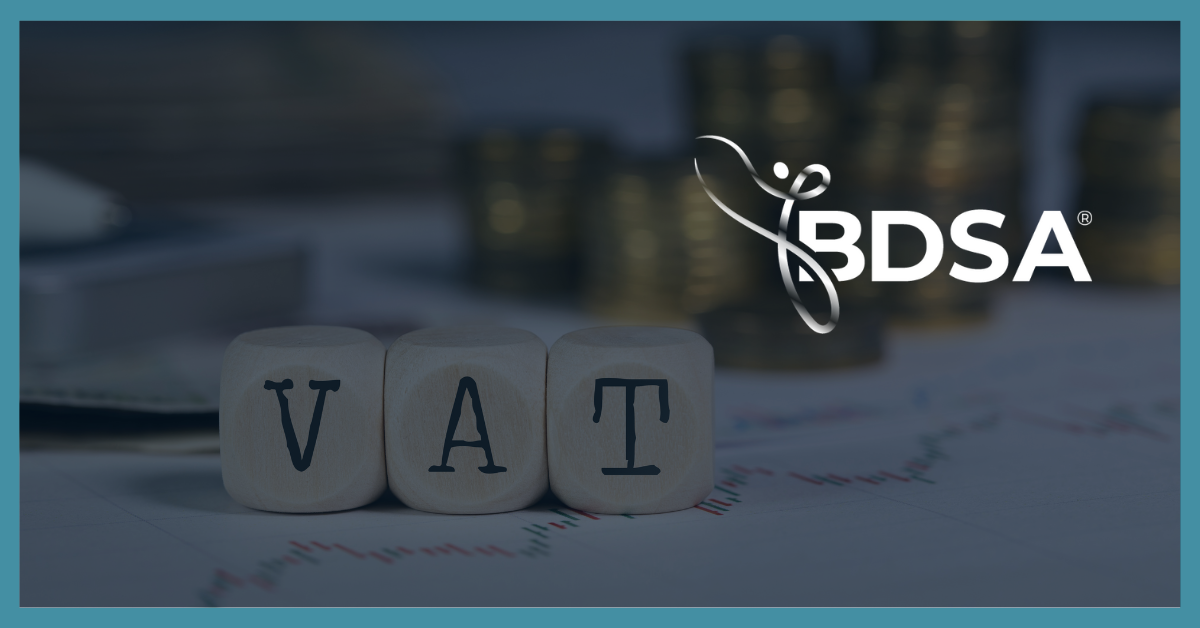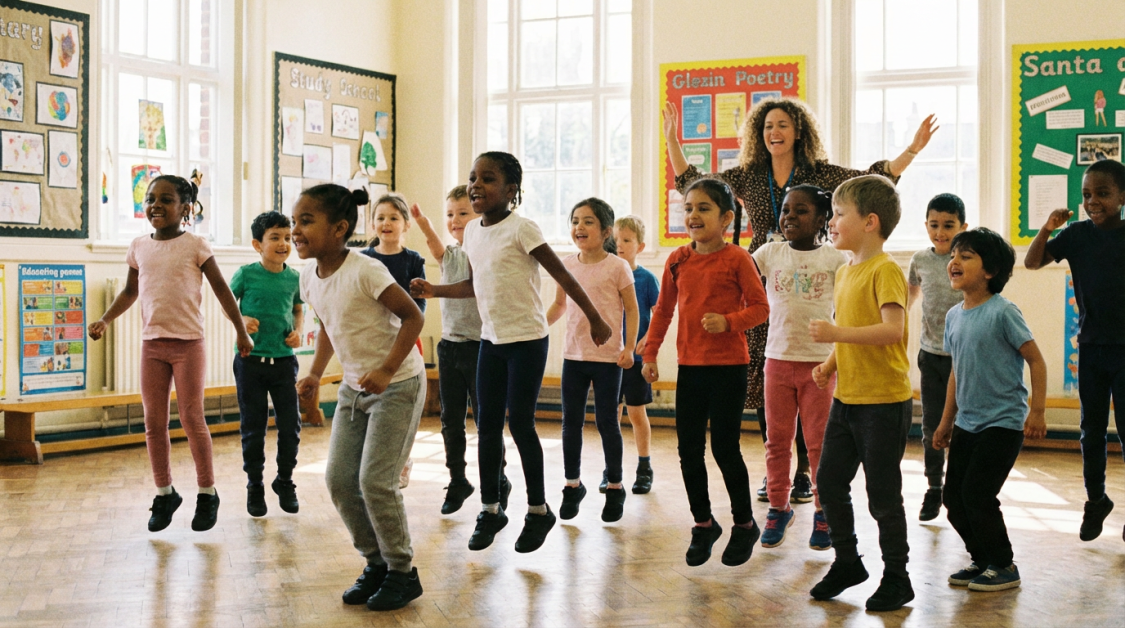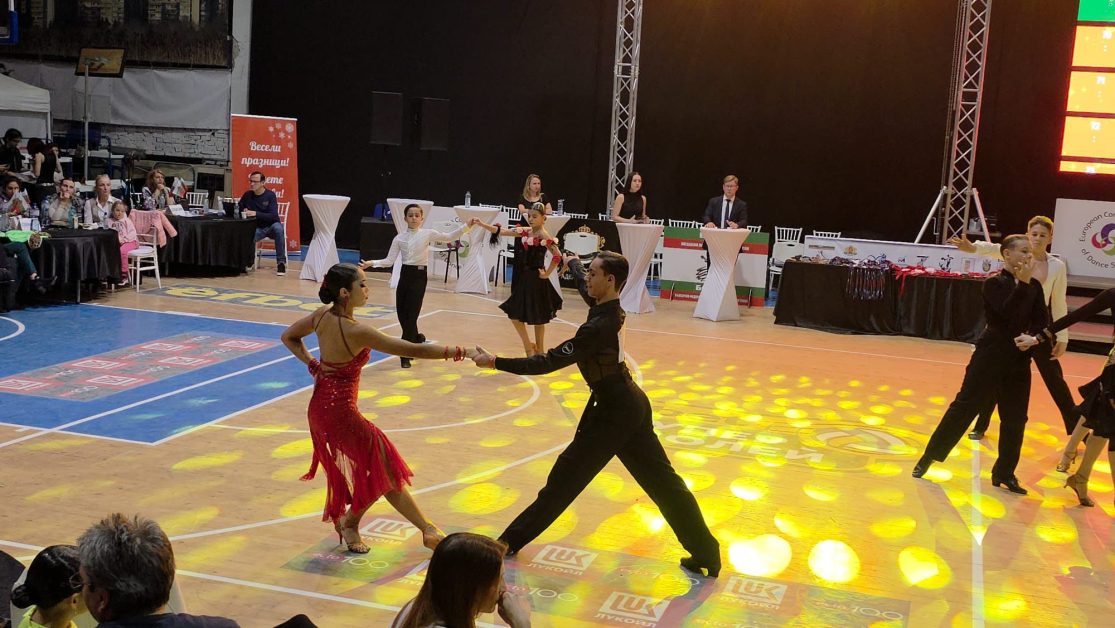British Dance Sport Association Official Clarification on VAT Tribunal Ruling

Considering the considerable volume of discussion and, regrettably, a great deal of misinformation currently circulating across various social media platforms following yesterday’s VAT announcement, I feel it is both necessary and appropriate to issue this formal clarification on behalf of the British Dance Sport Association.
For many years, it has been the long-established understanding that the provision of dance tuition within educational establishments, such as dance schools, primary and secondary schools, universities, and other recognised academic institutions, benefited from VAT exemption, on the basis that such tuition fell within the remit of dance. Historically, both ballroom and Latin American dancing, amongst others, were regarded as qualifying for such exemption when taught in these contexts.
The purpose of the recent tribunal was to examine, in precise legal terms, whether specific styles of dance fall within the definition of dance for VAT exemption purposes, and whether they are ordinarily provided in schools and universities as part of a curriculum. Unfortunately, this review was greatly hindered by the fact that many dance forms, including ballroom, Latin American, salsa, cheerleading, classical sequence, and others, are not formally included on the national curriculum or widely recognised syllabi in educational establishments. Ballet, by contrast, continues to be taught within lessons formally identified as ballet lessons and remains part of structured programmes within schools and universities.
As a consequence of this distinction, the tribunal ruled that ballet tuition continues to enjoy VAT exemption. In contrast, other dance forms could not sufficiently demonstrate that they are ordinarily taught in schools in the same structured, curriculum-based manner. Accordingly, ballroom, Latin American and numerous other dance disciplines no longer qualify for VAT exemption under the same terms.
Furthermore, the tribunal established that His Majesty’s Revenue & Customs (HMRC) holds the authority to examine income retrospectively. This encompasses all income derived from dancing-related activities, including, but not limited to, lessons, adjudication, promotion, scrutineering, lecturing, and coaching. These various income streams will be aggregated, and where the gross income exceeds the VAT registration threshold of £90,000 (as applicable for the 2024–2025 financial year), VAT will become chargeable.
I am aware that some commentary has arisen regarding the £90,000 threshold. It is essential to note that this threshold has been adjusted at various points over recent years. Therefore, in the event of a retrospective investigation, lower thresholds may be applied depending on the relevant financial periods under review.
As I have previously communicated, I am engaged in direct active dialogue with HM Treasury, the Chancellor of the Exchequer, and the Prime Minister. The British Dance Sport Association remains of the firm view that the implementation of this policy is both unfair and unjust. It appears to be in direct contradiction to publicly stated government policy promoting health, physical fitness and wellbeing, objectives to which the discipline of dance makes an invaluable contribution.
Furthermore, it has come to my attention that HMRC is already approaching certain dance schools and individuals with preliminary notices that could result in retrospective VAT demands. I urge all affected parties to seek professional guidance and to ensure that their records are both comprehensive and accurate.
The British Dance Sport Association stands ready to assist and will continue to provide its members with further advice and guidance as the situation develops. It is of particular importance to emphasise that these rules apply to gross income rather than profit. All income streams relating to dancing activities will be included in determining whether VAT registration is required.
Finally, for the avoidance of doubt, promoters whose gross receipts have historically exceeded the threshold have always been liable for VAT registration and are required to issue VAT receipts for entry fees and spectating. This aspect of the law remains unchanged, save for the fact that such income will now be aggregated alongside other dance-related income when determining overall VAT liability.
We shall continue to monitor developments closely and advocate robustly on behalf of our members and the wider dance community.
Neil Harrison
Chief Executive Officer
British Dance Sport Association






Responses